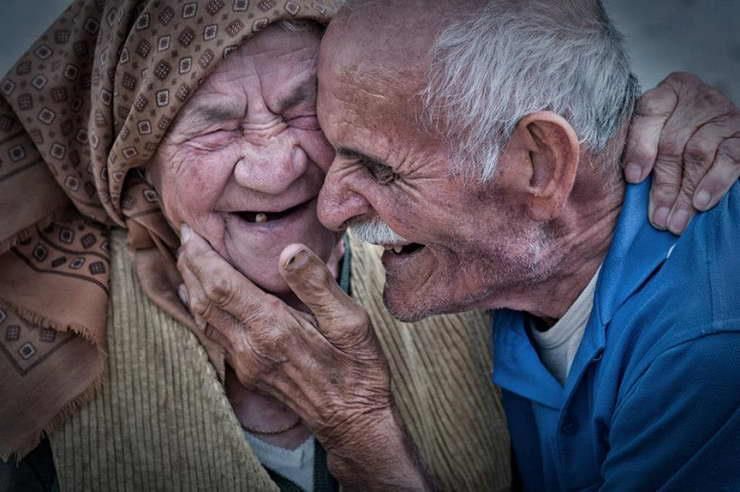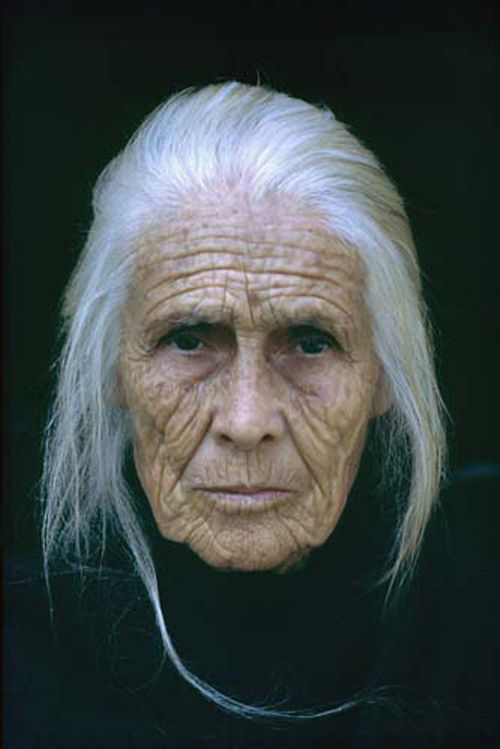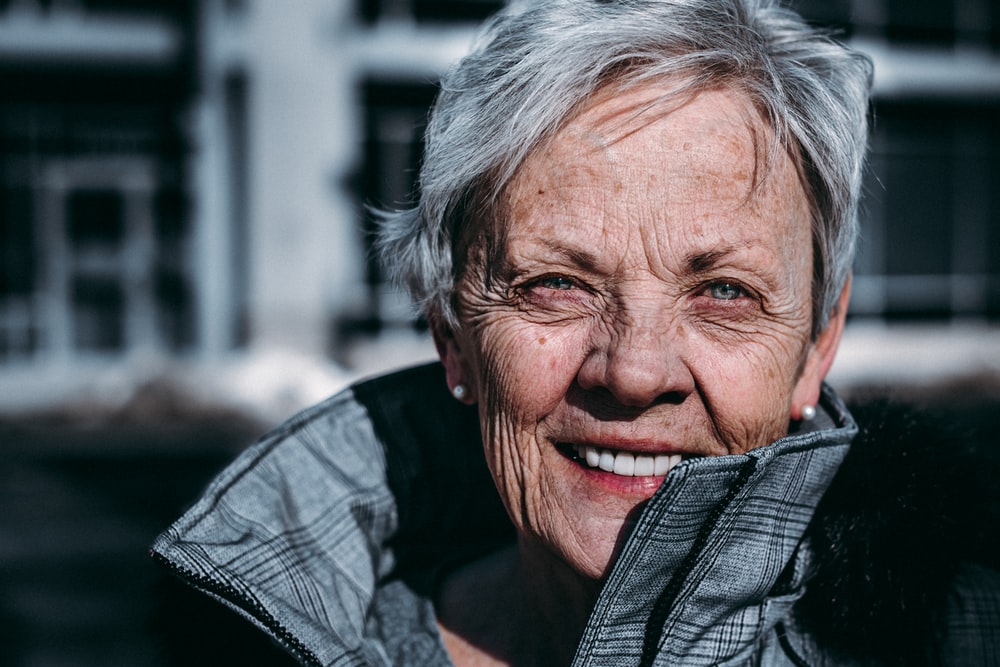RIO DE JANEIRO, BRAZIL – Rio City Hall has already announced plans to administer the third dose of the Covid-19 vaccine to the elderly once the calendar for the rest of the public is finalized.
The so-called booster shot was scheduled to begin in October for those over 80 years old, in November for those over 70 years old, and in December for those over 60 years old.
However, in announcing this schedule, the Municipal Health Secretariat clarified that it would only be applied if there is solid scientific evidence (of effectiveness) and a recommendation from the National Immunization Program (PNI). The city’s Health Secretary, Daniel Soranz, appealed Tuesday again to citizens not to bring the elderly to the offices.
“It is a risk to have an older adult at home who is not vaccinated. It is important that all people over 60 get vaccinated” appealed the Secretary.
The Secretary’s warning comes at a time when a study by the Oswaldo Cruz Foundation (Fiocruz) shows that after four months of decline or stability, the number of hospitalizations for severe acute respiratory syndrome in the elderly with a confirmed Covid 19 diagnosis in the state is trending upward.
The alert came from Mave/Fiocruz and the Covid-19 BR Observatory, which are conducting statistical modeling of the pandemic based on data from the Ministry of Health’s Sivep-Gripe.
In the latest epidemiological week, data compiled by the group show that hospitalizations for the severe acute respiratory syndrome (SARS) are increasing in three age groups: 60 to 69 years, 70 to 79 years, and 80 years and older, with the latter group showing the greatest increase.
This is a new scenario that puts Rio de Janeiro in the opposite direction of other states in the country, with a return of the upward trend in confirmed cases of covid-19, according to this Sunday’s Media Consortium bulletin.
Fiocruz data, which take into account the week of the first SARS symptoms, also show that the group of people 80 years and older also has the highest absolute number of hospitalizations among the groups that have seen an increase.
A total of 595 new cases are projected in this group in the latest update. They are followed by those aged 70 to 79, with about 420 hospitalizations, and those aged 60 to 69, with about 380.
Soranz said that among the measures the municipality is taking to reverse this trend is the acceleration of vaccination, with doses administered in various locations for the convenience of the population.
However, he said that to maintain this rhythm, the Ministry of Health mustn’t delay doses. Soranz also stressed that this is not the right time to relax the restriction measures and recommended that the population continue to wear a protective mask, keep their distance, and avoid crowds.
The Secretary of Health of the City of Rio sees this trend with concern because the city is experiencing a severe winter with the arrival of the delta variant, which is a dangerous combination.
“It is predictable (tendency to increase cases). We are in a difficult phase. In the middle of winter and never seen such cold weather, which encourages people to stay indoors longer and with the arrival of the Delta variant forms a dangerous combination and ideal for the virus” he said.
The minister’s concern takes on new contours when many older adults have already taken the first dose. In the capital there are 23 thousand. In the whole state, there are 221 thousand (the information is subject to a delay in updating the data).
Imagine that almost the entire municipality population, like Cabo Frio, with 230,000 inhabitants, has not been vaccinated, to get an idea of what this means.
In addition, many who received the first dose of the vaccine did not return to complete immunization. The number of older adults who have not returned to vaccination sites is over 100 thousand in the capital alone, GLOBO noted Saturday, based on information from the Municipal Health Secretariat (SMS).
In São Paulo, for example, the situation is quite different. Data from the LocalizaSUS platform and population estimates from the São Paulo State Data Analysis System (Seade) show that the number of elderly Paulistas vaccinated with at least one dose of the vaccine has already reached 120%, exceeding projections for the state’s total population in this age group. In Rio, the percentage of the elderly who have received vaccination is now 92%.
Although they believe it is too early to define the causes of the new rates, hypotheses can already be made. The researchers believe one is related to possible gaps in vaccination coverage among people aged 60 or older.
For Fiocruz researcher Marcelo Gomes, the new numbers could have another cause: a possible saturation of the vaccination effect. This hypothesis highlights the importance of restrictive measures to combat contagion effects.
“It is not yet entirely clear what is behind these numbers. Still, a recent increase in hospitalizations among the elderly could mean that the vaccine has already had its effect and that other factors continue to influence the pandemic. We have not been able to reduce the rate of transmission, so the elderly population, particularly those aged 60 to 69, continues to be overexposed,” Gomes says.




